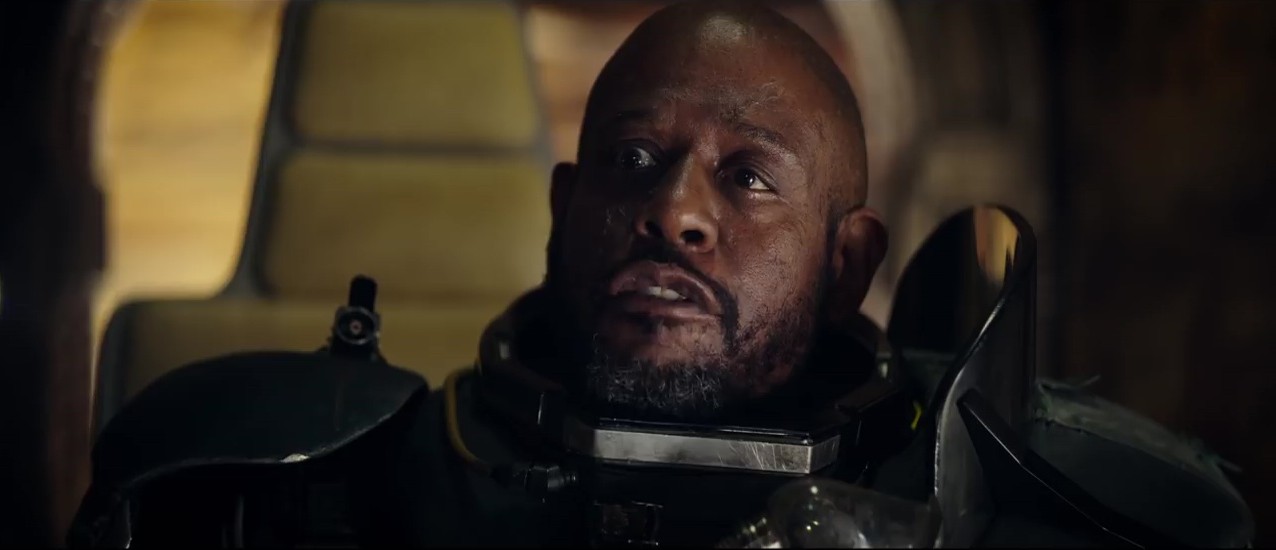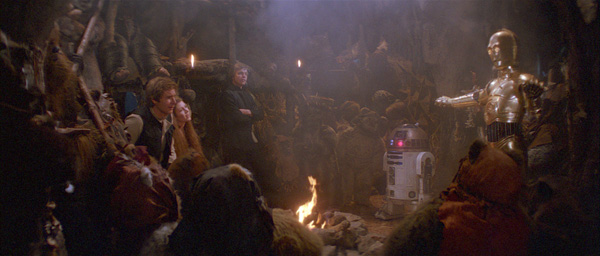
One of the best aspects of fandom is the constant ongoing discussions you can have with your fellow fans. Interpreting stories, theorizing about where they might go, fanning out over our favorite characters tends to fill us all with amazing satisfaction. Star Wars has offered us the richest content for over forty years, and we should of course be grateful. However, in these ongoing discussions, it is also okay, and should even be encouraged, to be constructively critical as well.
Each of us is a different consumer with different backgrounds that will inform how we take in a property. While there are certainly many shared things we love, we may love those things for different reasons. For Rey, an example of a character that most people love, some love her for her courage. Some love her for her ingenuity. Some love her for being a paragon of feminism. Some love her for her mystery. Or for all of the above and more! Those same backgrounds and interpretations feed into whether each of us likes or dislikes a story or its elements.
Fans shouldn’t be hard on each other for being critical of certain aspects of our favorite franchise. Just because you recognize a few blemishes in your favorite film, TV series, book, or comic doesn’t mean you love it any less than others. It should be okay for me, for example, to say that I think that Rogue One, a film I love dearly, handled Saw Gerrera poorly by oversimplifying him in writing and performance (don’t get me started on how much I don’t like Bor Gullet, haha). While others might see a great character who exemplifies someone destroyed mentally and physically by his crusade, I saw a caricature with (mostly) weak dialogue and overacting from Forest Whitaker. The performance didn’t sell me, and Gareth Edwards’s previous interpretation of the character (which we glimpsed in the first Rogue One teaser) intrigued me more. Please note that this is not a dig at the reshoots (criticism of which, in my opinion, is mostly filled with hot air), which are normal for most films, but a criticism of the creative process going into this particular character. Read More




